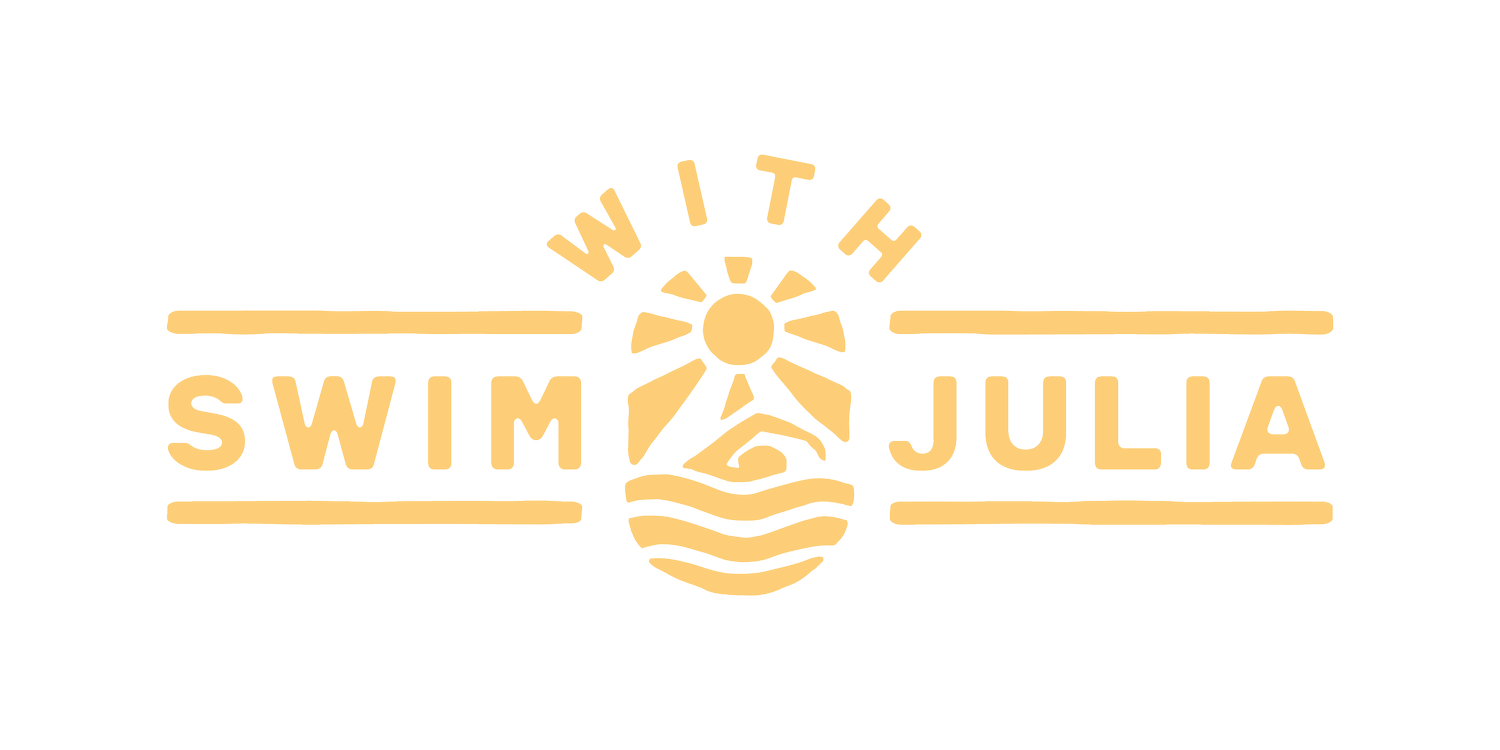FREQUENTLY ASKED QUESTIONS
-
ISR lessons focus on teaching survival skills first, equipping young children with the ability to self-rescue in case of an aquatic emergency. These lessons are one-on-one and highly individualized to ensure each child learns at their own pace. Because of this approach, ISR students typically gain confidence and water safety skills more quickly than they would in traditional lessons.
Traditional swim lessons, on the other hand, focus on general water comfort, foundational swimming techniques, and stroke development.While both lesson types provide valuable skills, ISR prioritizes self-rescue and survival first, laying a strong foundation for water safety before moving into traditional swimming strokes.
-
Lessons are held for 10 minutes per day, five consecutive days a week (Monday through Friday) for approximately six weeks, with up to eight weeks allocated to accommodate any necessary makeup lessons. Daily attendance is essential for learning efficiency, as these are not traditional swim lessons but highly specialized training. Consistency is key, and missing classes can hinder progress. If you cannot commit to this schedule, please wait to register until you are certain you can attend every day.
-
Our number one reason is always safety. Lessons are mentally and physically demanding for little ones and we never want to fatigue or exhaust them. For their little bodies, this can be quite the workout, so we make sure to limit the time they’re in the water because we want to be sure to see them the next day.
The second reason is for retention of skills. It’s proven that children in this age range attain skills best within the first 10 minutes!
-
We know 5 days a week might seem daunting, but we promise it’s worth it! ISR Self-Rescue Skills are developed just like any other sensorimotor skill. When learning to walk, crawl, or even ride a bike, it’s the practice and repetition that makes for success. Imagine if you only had worked on those skills once a week?
Practicing ISR Self-Rescue Skills on a consistent basis allows for muscle memory to form. Muscle memory is what allows your child to Self-Rescue as soon as they hit the water.
-
ISR Self-Rescue skills are sensorimotor skills, like walking or riding a bike—they don’t disappear but can become rusty without practice. Refresher or maintenance lessons help keep these skills sharp, especially as children grow. Enrolling in lessons during the "off-season" ensures your child is prepared for water safety before summer.
-
Short Answer: No.
In 2018, the American College of Emergency Physicians stated that terms like “dry drowning,” “wet drowning,” “near drowning,” and “secondary drowning” should no longer be used. Drowning is only classified as fatal, nonfatal with injuries, or nonfatal without injuries.
These outdated terms are still used by the media, but they are not medically recognized. Drowning doesn’t happen days after being in the water, and there’s no condition like “dry drowning” or “secondary drowning.”
As for swallowing water: The body has natural defenses to keep water out of the lungs. If a child swallows water while playing, there’s no need to worry.
For more information, check out these sources:
-
Yes! All students must be cleared by our team of nurses to participate in lessons. This is done through an online medical history form, which is completed once a spot is secured. If a child has a medical or behavioral diagnosis, the nurses will typically reach out to the parent before lessons start to gather necessary information. Based on this, they provide the instructor with specific guidelines to tailor the child’s learning experience.
-
ISR has been researched and developed for over 55 years and is nationally recognized as the safest swim program for infants and children. Your child will learn life-saving skills. If you’re looking for a class focused on socialization and play rather than safety and survival, traditional lessons might be a better fit.
Once learned, these skills last a lifetime. After your child learns these life-saving skills, they will have them forever. With occasional refresher lessons, they will retain their abilities indefinitely. Traditional lessons often require years of ongoing skill maintenance.
ISR instructors undergo extensive training. Every ISR instructor completes 8 weeks of intense, hands-on training in the pool with an ISR Master Instructor, working with real students. This includes over 60 hours of practical experience, plus academic training in anatomy, physiology, child development, behavior, and how these relate to the aquatic environment. All instructors also maintain CPR and First Aid certifications and undergo annual recertification.
ISR offers far greater value at a lower long-term cost.
